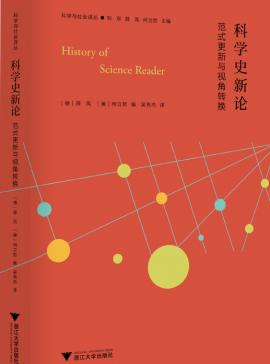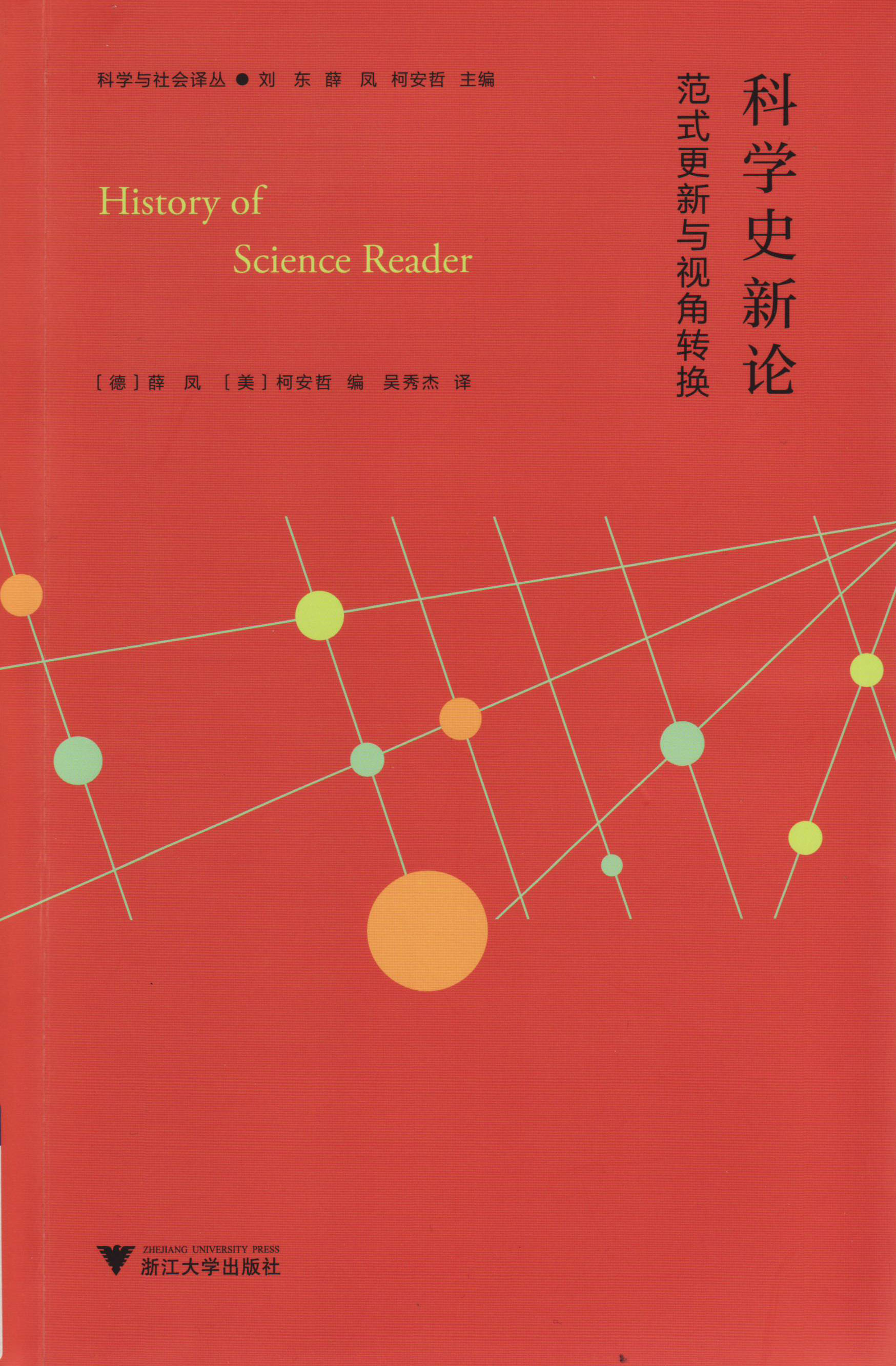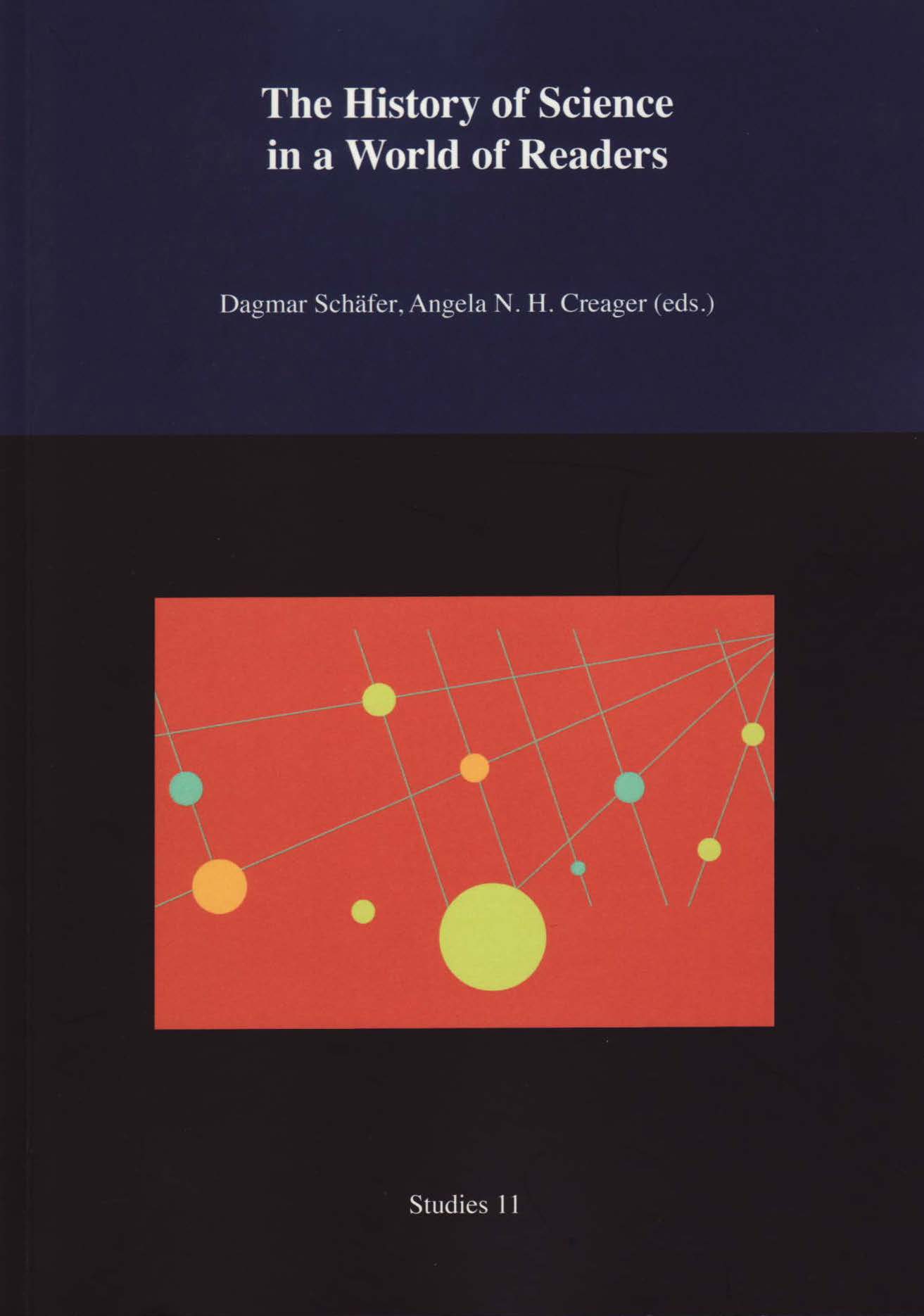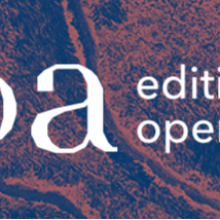The disciplines of the history of science, medicine, and technology are rethinking themselves in global terms. Part of this process involves questioning the purpose, themes and reception of translations in the globalizing discipline of the history of science. In response, the Max Planck Institute for the History of Science (MPIWG), together with the History of Science Society (HSS) initiated a collective reflection on some of the influential literature in this field published in English since 1990.
The Challenge
To ensure an appropriate balance of articles on science, technology, and medicine over a range of time periods and regions, as well as a diverse authorship.
The Solution
Candidate publications were crowd sourced from an international selection committee including representatives from six other societies—the American Association for the History of Medicine, the British Society for the History of Science, the Division of the History of Science and Technology of the International Union of History and Philosophy of Science and Technology, the European Society for the History of Science, the Society for the History of Technology, and the Society for the Social History of Medicine. Twelve chapters were selected using an online poll between October and December 2015. The selection committee reviewed, evaluated and ranked an initial shortlist of 78 articles before deciding on the final list.
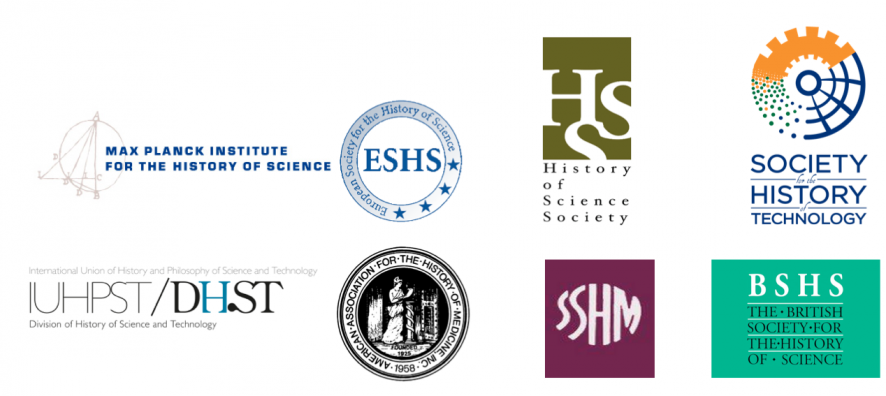
The companion volume translates into English an analogous selection of articles in Chinese chosen by our colleagues in those countries, into English., Professor Zhang Baichun, Director of the Institute for the History of Natural Sciences, Beijing coordinated the procedure for selection of articles originally published in Chinese. The search was limited to contributions from the fields of the History of Science, Technology and Medicine published in Chinese in the previous ten years.
If this trial project is successful, we hope to expand it to include other regions and languages.
Articles Selected
- Anderson, W. 2000. “The Possession of Kuru: Medical Science and Biocolonial Exchange.” Comparative Studies in Society and History 42, 713–744.
- Blair, A. 2003. “Reading Strategies for Coping With Information Overload ca. 1550–1700.” Journal of the History of Ideas 64, 11–28.
- Bray, F. 1998. “Technics and Civilization in Late Imperial China: An Essay in the Cultural History of Technology.” Osiris 13, 11–33.
- Galison, P. 2003. “The Collective Author.” In Scientific Authorship: Credit and Intellectual Property, edited by M. Biagioli and P. Galison, 325–353. New York: Routledge.
- Green, M.H. 2008. “Gendering the History of Women’s Healthcare.” Gender & History 20, 487–518.
- Harwood, J. 2009. “Peasant Friendly Plant Breeding and the Early Years of the Green Revolution in Mexico.” Agricultural History 83, 384–410.
- Hecht, G. 1994. “Political Designs: Nuclear Reactors and National Policy.” Technology and Culture 35, 657–685.
- Kohler, R.E. 1999. “Moral Economy, Material Culture and Community in Drosophila Genetics.” In Science Studies Reader, edited by M. Biagioli, 243–257. New York: Routledge.
- Long, P.O. 1991. “The Openness of Knowledge: An Ideal and Its Context in 16th-Century Writings on Mining and Metallurgy.” Technology and Culture 32, 318–355.
- Netz, R. 1998. “Deuteronomic Texts: Late Antiquity and the History of Mathematics.” Revue d’histoire des Mathématiques 4, 261–288.
- Rosenberg, C.E. 1992. “Framing Disease: Illness, Society, and History.” In Explaining Epidemics and Other Studies in the History of Medicine, edited by C.E. Rosenberg, 305–318. Cambridge and New York: Cambridge University Press.
- Secord, J.A. 2004. “Knowledge in Transit.” Isis 95, 654–672.
Publications
The History of Science Reader Project encompasses three publications, two drawing on articles published initially in English, and one featuring articles originally published in Chinese:

